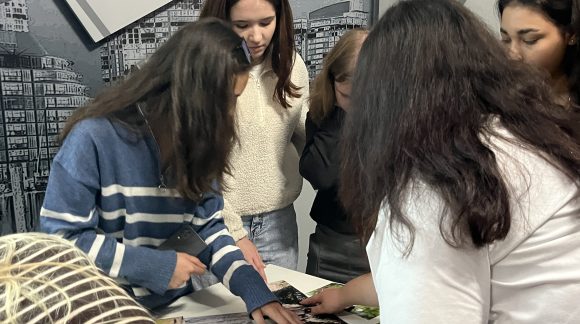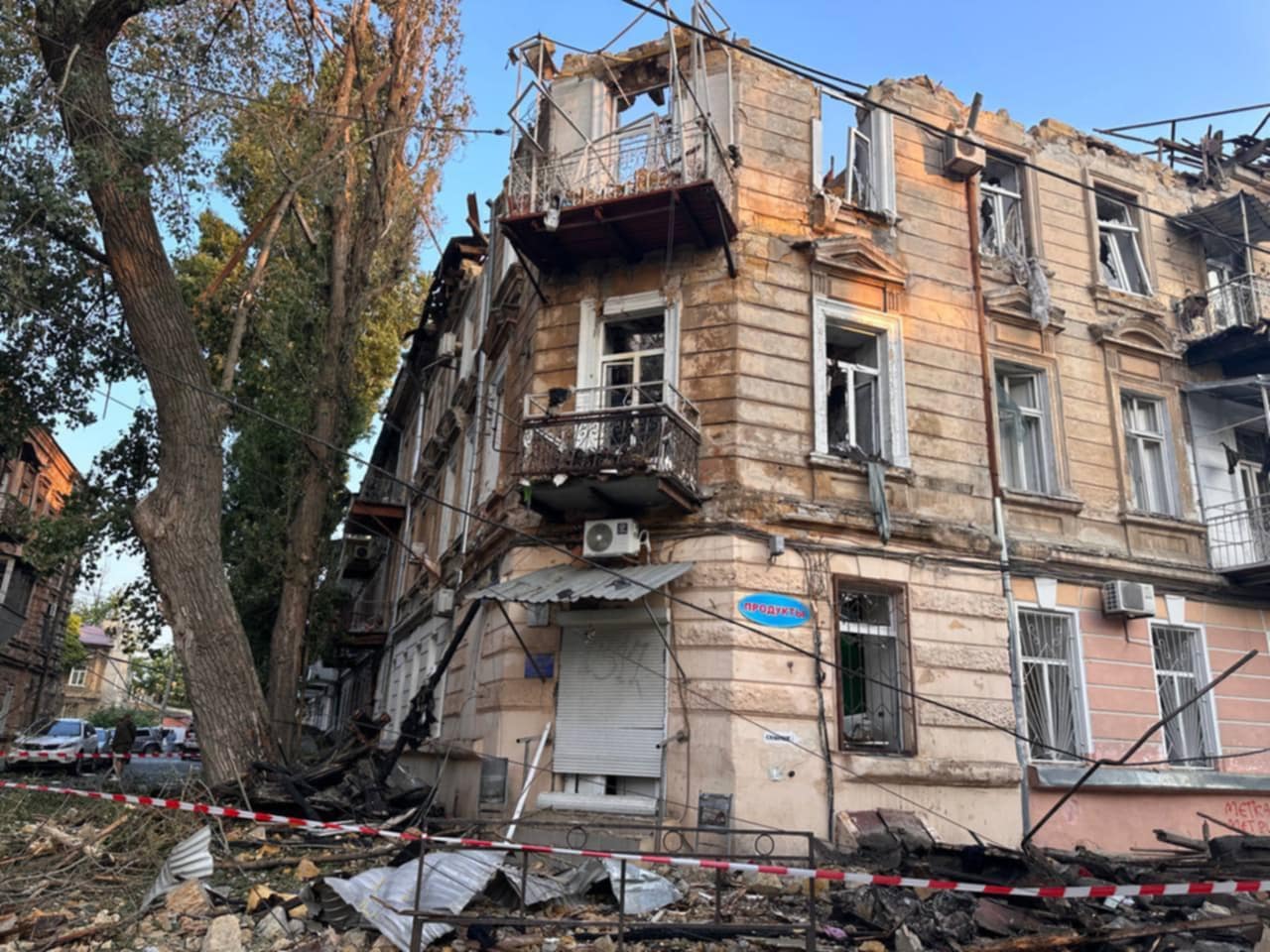“Dumska” journalists were not allowed to attend a meeting of the Odesa Oblast Council conciliation panel on June 20, reports the website.
As the editors note, the National Guard officers guarding the administration building on Shevchenko Avenue refused to let journalists in despite the reporters having the necessary credentials. They promised that a press office staff member would come to escort them soon, but no one showed up.
The public communications head at the Odesa Oblast Council, Nazar Melnikov, told the regional representative of IMI that he had learned about the journalists’ arrival after the start of the panel meeting and had been unable to leave the event to meet them.
According to him, the Resolution of the Cabinet of Ministers of Ukraine No. 1456 stipulates that under the martial law, the Odesa Oblast Council building should be guarded by the National Guard.
“This is why, unfortunately, reporters have to be escorted again. As the public communications head of the oblast council, I only heard about the arrival of the reporters after the conciliation panel meeting had already started, and could not leave the event to meet them. I would like to note that, as per the Oblast Council’s decision made December 18, 2020, the conciliation panel is not a commission or a plenary meeting, which must be open. This is a work meeting of a consultative body, which discusses issues proposed for the plenary session,” he said.
In addition, Melnikov asked the media representatives to contact him at least 10 minutes before the start of the event “to avoid such situations in the future.”
IMI lawyer Roman Holovenko noted that he does not think it is entirely appropriate for the oblast council to cite the Resolution No. 1456, which approves the Procedure for reviewing personal documents, inspecting things, vehicles, baggage and cargo, office premises and private houses of citizens under martial law. After all, there were not any suspicious items found with the journalists, and the issue is why they were not allowed to enter the building.
“It is unclear what prevented the public communications department from appointing a separate employee who would be on duty in the corridor to meet reporters before the beginning and at least during the first half of the conciliation panel meeting,” the lawyer pointed out.


